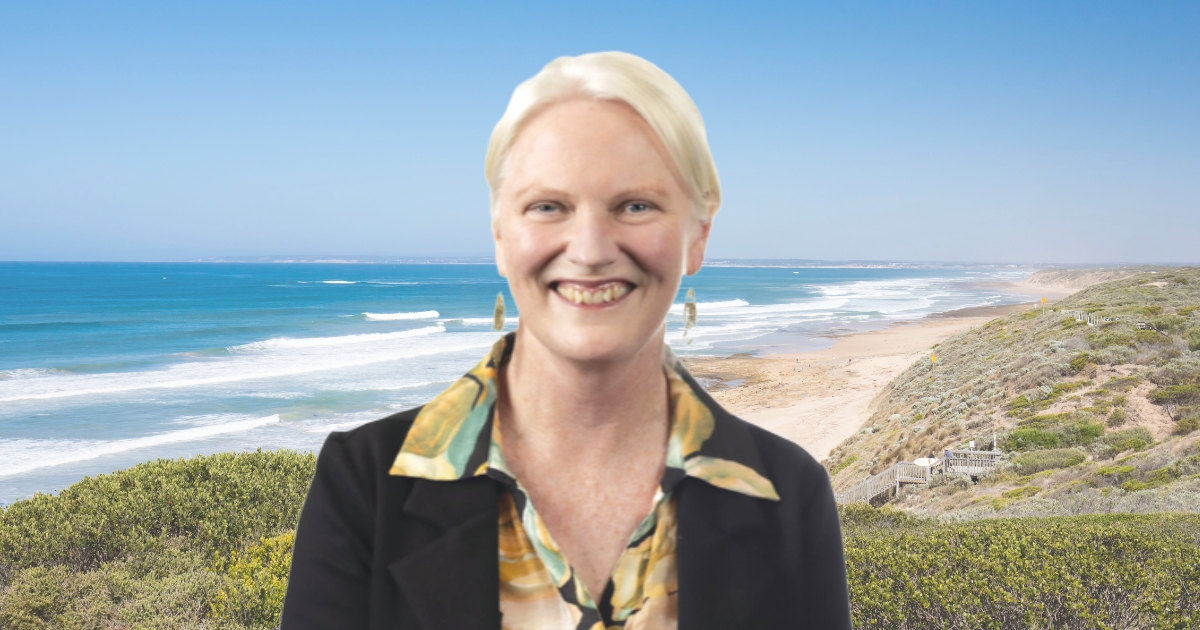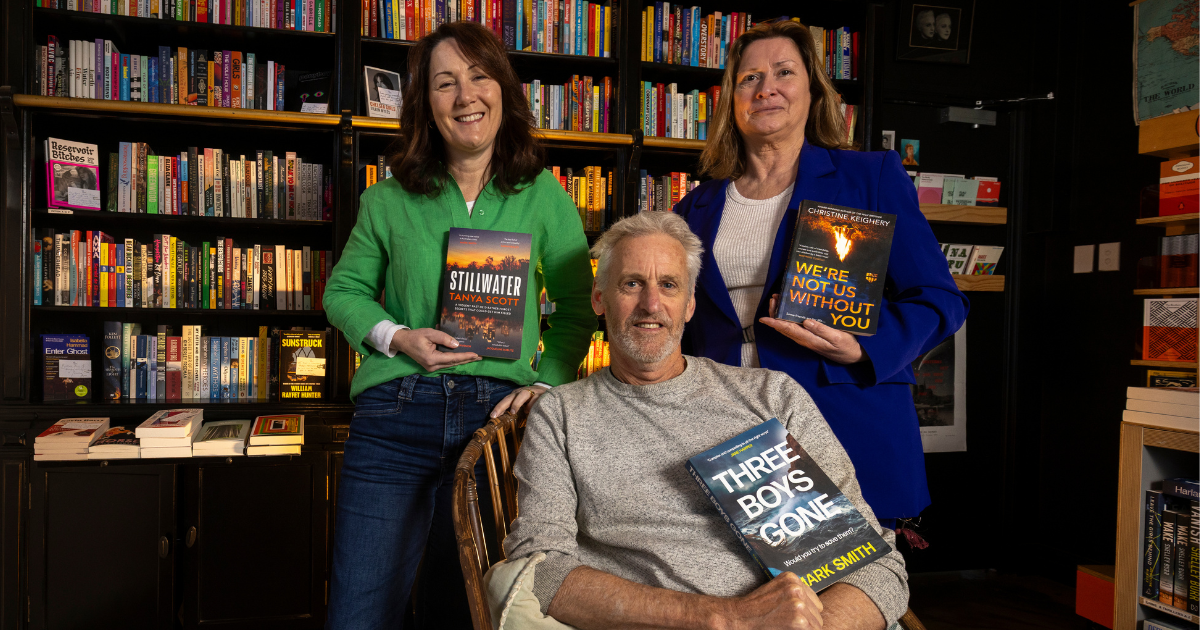Students learn about food waste

James McLennan (centred) with Grade 4 students from St Aloysius Catholic Primary School. Photos: ELLIE CLARINGBOLD
STUDENTS at St Aloysius Catholic Primary School in Queenscliff are well on their way to becoming food waste warriors after participating in a series of sustainability workshops.
On Friday last week, local environmental conservation educator and consultant James McLennan led students through a variety of workshops, aimed at educating them on different ways to minimise food waste.
While Mr McLennan is best known for co-founding the trailblazing regenerative Farm My School pilot project at Drysdale’s Bellarine Secondary College campus, he also runs a variety of food systems, education, gardening and sustainability programs for primary and secondary students through his business Grassroots Sustainability.

He said schools were a great place to start building knowledge of sustainable practices and encouraging young people to become powerful changemakers within their communities.
“They can teach their parents and they can teach their families and friends.
“Schools are pretty powerful places for the learning to start.”
Mr McLennan said with food security becoming a growing concern across the region, the workshops provide a “nice way to instigate change” and enable “communities to be more resilient and aware of our food systems and our current broken food system”.

Students in Grades 3 and 4 focused on worm farming, learning about organic waste going to landfill, the toxic leachate and methane it produces and how to keep the nutrient cycle going, while grade 5 and 6 students learnt about the benefits of composting.
Meanwhile, students in prep through to Grade 2 were shown how to grow edible food from the parts of fruits and vegetables often viewed as waste.
Students used food scraps donated by their families, ranging from pumpkin seeds and tomatoes to apples and the bottoms of celery, to complete the workshop which encouraged each of them to continue experimenting with growing food and reducing the waste that typically ends up in landfill at home.

“The hidden curriculum of the day is about not wasting food and being more resourceful and looking at things through a different lens,” Mr McLennan said.
“Rather than chucking it in the bin and it going to landfill, we can actually use these things as a resource.
“When you successfully grow something from seed, that’s a really nice feeling, but when you successfully grow something from a waste product, it’s even more fulfilling.”

The students will now continue to monitor and care for the food scraps they’ve prepared and potted to see how they grow.
STEM and art teacher Emma Martison said the goal of the program was to encourage students to start thinking about the positive impact they can have on the world around them.
“The biggest thing is that usually you look at waste as quite a negative thing, which can be quite overwhelming for the kids.
“But it’s not all doom and gloom.”
For more information on the educational programs available through Grassroots Sustainability, head to grassrootssustainability.com.au

















